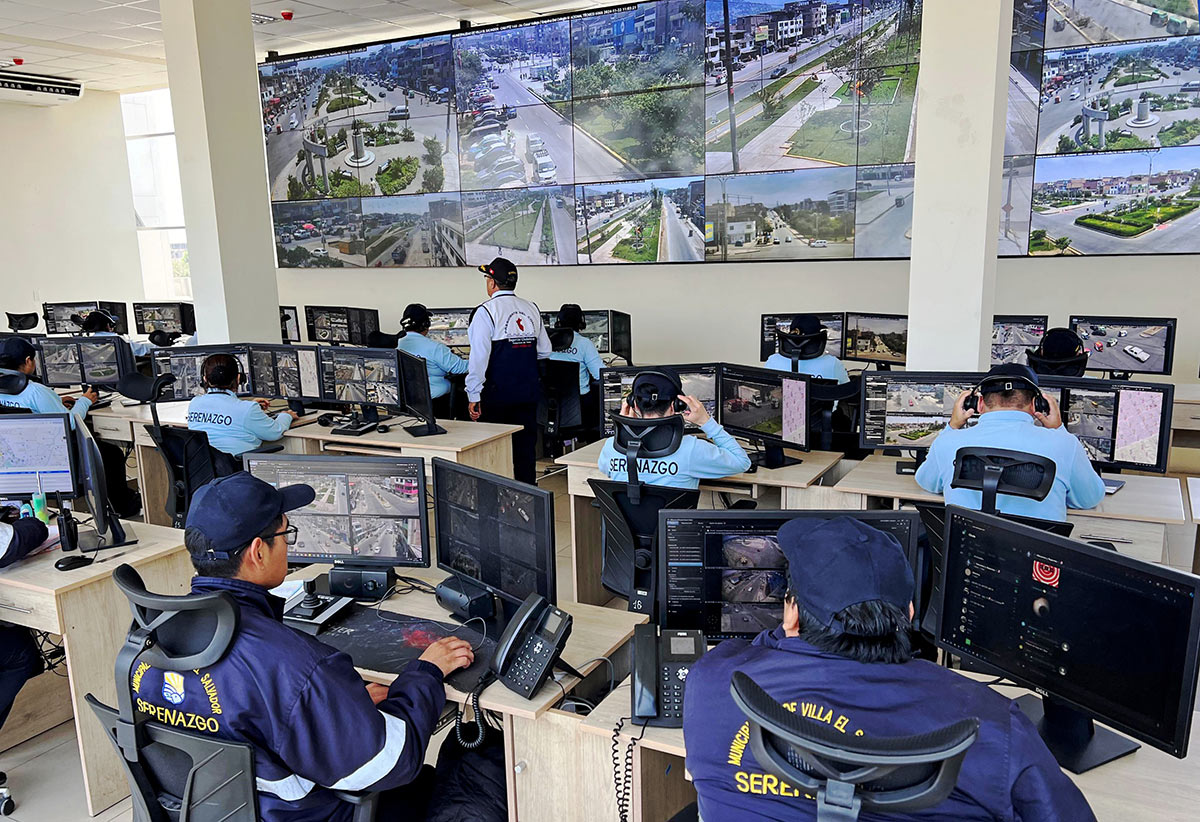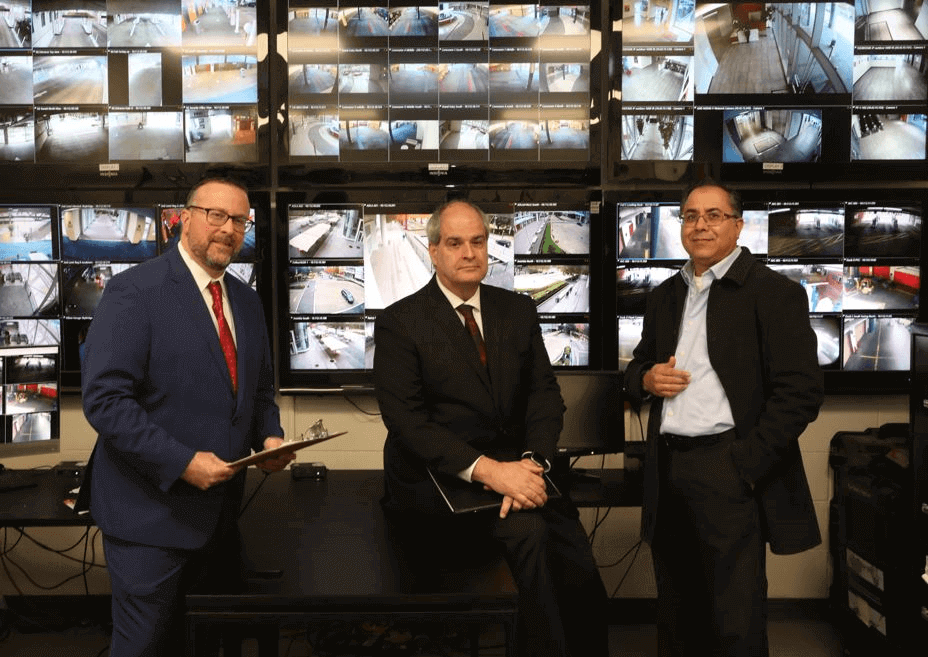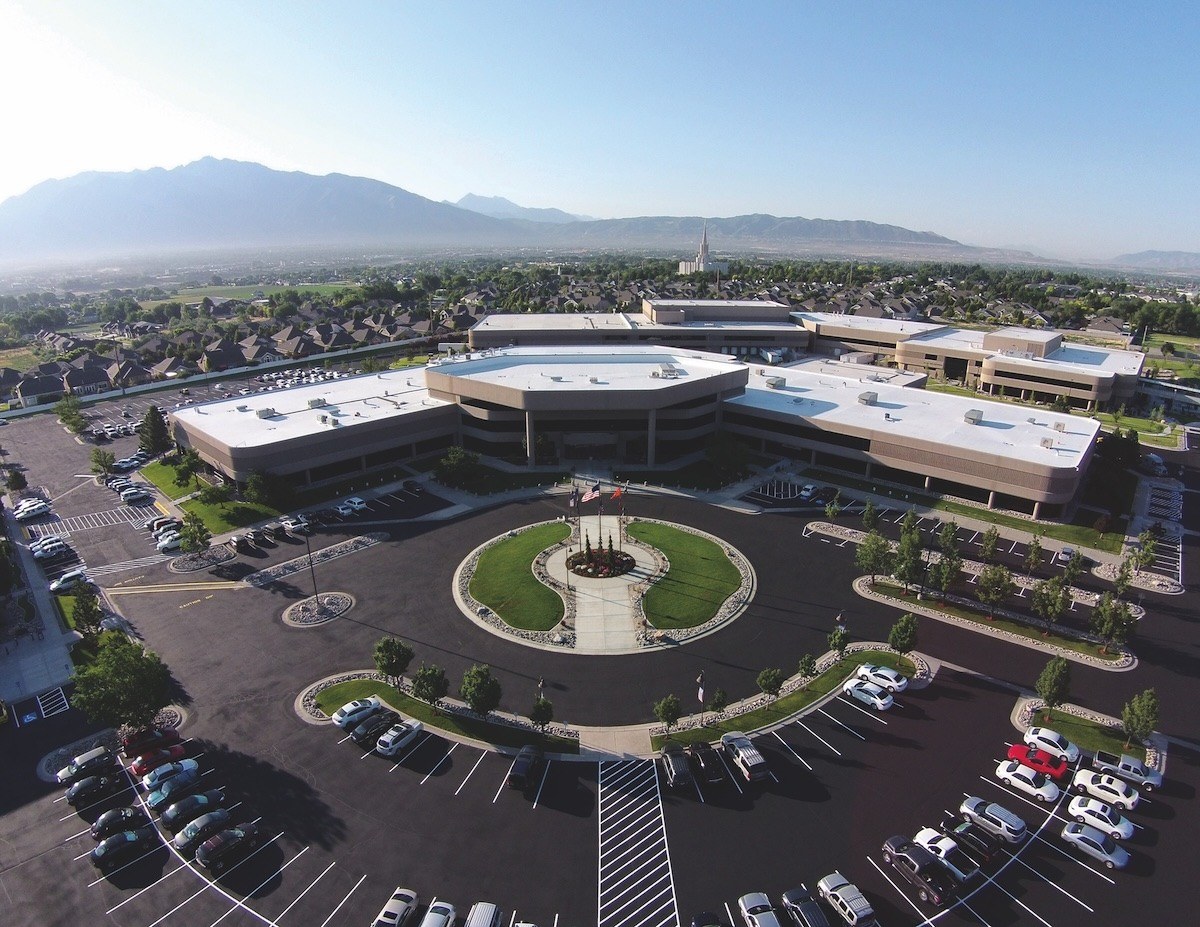The future of smart city technology isn't being shaped in Silicon Valley — it's taking root in Dubuque, Iowa. With a population of about 60,000, this mid-sized city has become a live testbed for AI-driven traffic management thanks to a unique public-private collaboration led by Milestone Systems. Project Hafnia demonstrates how cities can transform urban mobility and safety through Responsible Technology—without costly infrastructure overhauls.
Despite extensive camera deployments, cities often struggle to derive real-time intelligence from video. AI models trained on synthetic or generic datasets frequently underperform in complex, real-world environments. High false-positive rates make them impractical for daily operations, especially in time-critical applications like traffic management, preventing municipalities from gaining the real-time insights needed to improve mobility, safety, and emergency response.
Project Hafnia brought Milestone together with the City of Dubuque and Vaidio (formerly IronYun) to develop a high-performance, real-world AI model. Milestone led the 12-month project from initial concept to full-scale deployment, investing in cloud-based AI training and professional video annotation. Unlike conventional vendor-customer setups, this collaboration was structured with shared value in mind: each party contributed expertise, resources, and infrastructure, aligning toward a common goal.
At the heart of this success is Milestone’s investment in creating a secure, high-quality, and legally compliant data library that supports transparency and data traceability requirements in evolving AI regulations. Milestone transformed the city’s raw traffic footage into valuable AI training material. This investment paid off dramatically, with model accuracy jumping from 80% to over 95%. Below that threshold, false positives are too frequent, undermining usability. Above it, cities unlock new levels of accuracy and insight.
With more than 100 dedicated traffic cameras in the trial, Project Hafnia validated AI performance in the field across a range of changing light, weather, and traffic patterns. The resulting platform is scalable and transferable, giving other cities a tested blueprint for AI-enhanced urban operations. AI models originally developed for traffic monitoring (vehicle classification, pedestrian tracking, anomaly detection) can now be repurposed to support public safety, emergency response, and infrastructure planning across departments.
As regulatory frameworks like the EU AI Act continue to evolve, data traceability and legal compliance have become essential. Milestone addresses these challenges by creating a transparent, documented data supply chain that future-proofs analytics within regulatory requirements.
Milestone’s data library stands apart by offering complete traceability. Every frame of video used in AI training — thousands of hours of footage — is documented with its source, processing history, and usage permissions. This approach also empowers municipalities to prepare for future transparency requirements under AI regulations such as the EU AI Act. In parallel, Milestone adheres to established data protection regulations like the EU GDPR, which provide foundational safeguards for processing and handling personal data. This meticulous process not only ensures compliance, it establishes a foundation for ethical, Responsible AI development.
Thomas Jensen, CEO of Milestone Systems, emphasized the broader vision:
Dave Ness, Dubuque’s Traffic Engineering Manager, has overseen the evolution of the city’s camera network from a modest traffic detection system to a sophisticated AI-ready video infrastructure. Project Hafnia not only demonstrated that real-world AI can work, it showed that it can scale, ethically and collaboratively.


